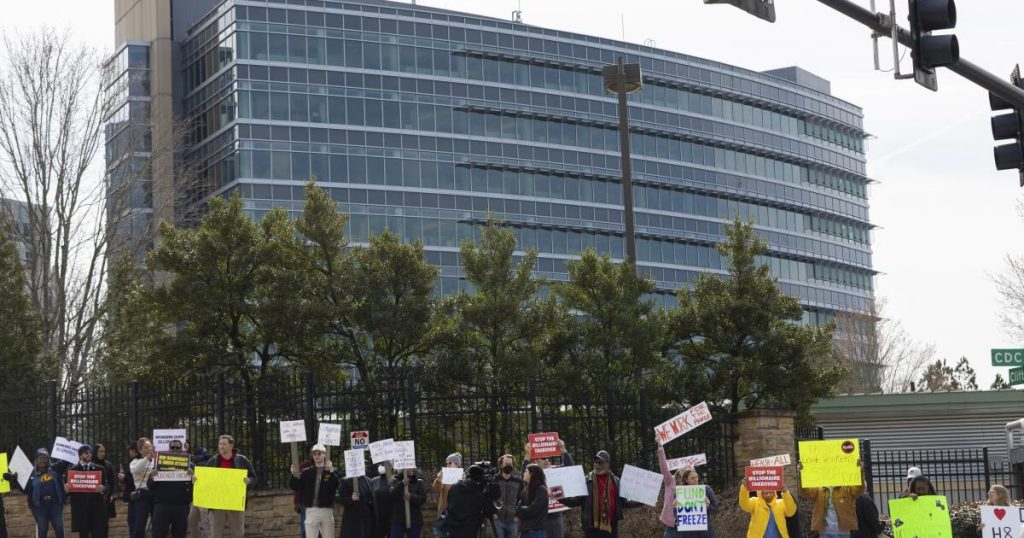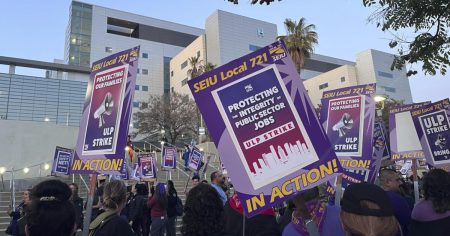In a significant legal development, U.S. District Judge William Alsup of San Francisco ruled that the mass firings of probationary federal employees under the Trump administration were likely illegal. This decision came in response to a lawsuit filed by a coalition of labor unions and nonprofit organizations seeking to halt the administration’s reduction of the federal workforce. Judge Alsup emphasized that the Office of Personnel Management (OPM) lacked the authority to terminate employees in other agencies, describing their actions as exceeding legal bounds.
The lawsuit, supported by five labor unions and five nonprofits, challenges the administration’s approach to downsizing the federal workforce, which President Trump has characterized as inefficient and oversized. Thousands of probationary employees have been dismissed, and the administration is now targeting career officials protected by civil service laws. While government lawyers acknowledged that OPM cannot hire or fire employees in other agencies, they defended the agency’s role in requesting performance reviews, arguing that probationary employment does not guarantee continued employment.
Judge Alsup’s ruling granted temporary relief to the plaintiffs, cautioning federal agencies against following OPM’s directives without legal authority. Although the decision does not automatically reinstate fired employees or prevent future terminations, it serves as a warning to agencies. Attorneys for the coalition welcomed the ruling, emphasizing its significance in protecting workers unfairly dismissed and highlighting the unlawful overreach of federal authority.
The judge expressed particular concern over firings at the Department of Defense and the use of form emails to terminate employees, often citing poor performance. Probationary employees, essential for the future of federal services, were unjustly labeled, which Judge Alsup deemed detrimental to their careers. He ordered OPM to inform affected agencies of their lack of authority and scheduled further hearings to investigate the matter.
The broader context of the administration’s workforce policies includes initiatives like Elon Musk’s Department of Government Efficiency, which has introduced measures like requiring employees to list their weekly accomplishments. While OPM later clarified such requests as voluntary, they reflect a climate of scrutiny and pressure on federal workers. The impact of these policies is felt across various sectors, including veterans’ care and park services, where reduced staffing undermines essential public services.
Judge Alsup’s decision highlights the importance of probationary employees as integral to the government’s functionality. His ruling, while not a final resolution, underscores the need for lawful and fair employment practices within the federal workforce. As legal proceedings continue, the case draws attention to the balance between administrative authority and employee rights, crucial for maintaining effective and compassionate government services.









